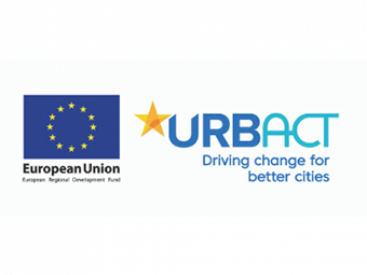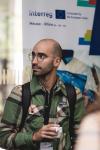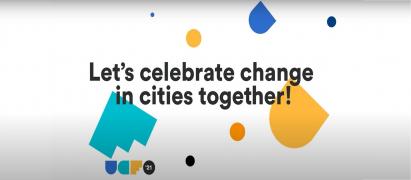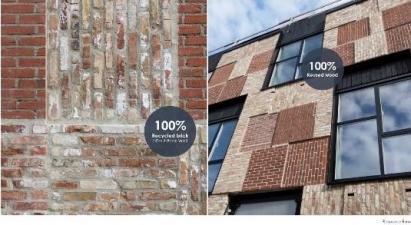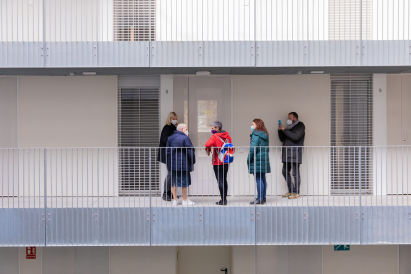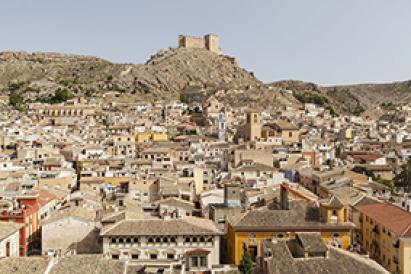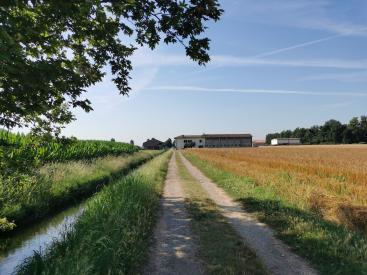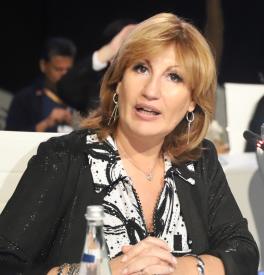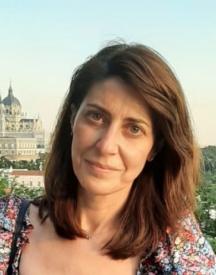A Nextagri dióhéjban
A „Milánó Városi Élelmiszerpolitikai Paktum” és a „Megújuló Milánó” (Circular Milan) elnevezésű politikai stratégia keretében az OpenAgri az UIA eredményeképp létrehozott egy olyan innovációs központot, amely a mezőgazdaság nagyobb részére terjed ki, nagy hangsúlyt fektetve a szennyvízágazatra, ami alatt a bármilyen eredetű (városi, ipari vagy mezőgazdasági) szennyvíz kezelését, hasznosítását és újrafelhasználását értjük.
A NextAgri az a folyamat, amivel a gyakorlat 3 európai városnak átadható: ezek a portugáliai Vila Nova de Gaia, a bulgáriai Sztara Zagora és a hollandiai Almere.

